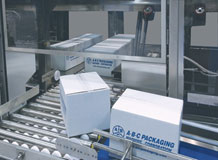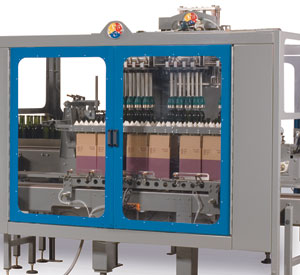
The Robotic Industries Association recently shared a report about the new records that have been set by robot orders and shipments in North America.
‚ÄúWe‚Äôre encouraged by the continued strength in the North American robotics market,‚ÄĚ said Jeff Burnsetin, president of RIA. ‚ÄúThe interest in robotics remains strong not just in North America, but all over the world, as companies recognize that robots can help them improve productivity, product quality, and flexibility.
Since 2014, the robots ordered from North America have increased 14% in units and 11% in dollars; while the amount of shipments to North America are up 10% in units and 9% in dollars. RIA is estimating that around 260,000 robots are now being used in factories nationwide, which is third to Japan and China in robot use.
In spite of the steady increase in robot production, we need not be concerned about the job threat some think robots present. ‚ÄúToday there are more opportunities than ever before in the robotics industry. The continuing growth in robotics is opening many new job opportunities for people who can program, install, run, and maintain robots. In fact, if you look closer at the jobs discussion, automation is helping to save and create jobs. A lot of companies tell us they wouldn‚Äôt be in business without robotics and related automation‚ÄĚ states Bernstein.
Ultimately, robots will be a huge job creator as they free humans up to do new work, instead of hard labor that once was necessary. We can relate this to the agricultural revolution that was able to liberate Americans to pursue a wide range of more advanced job callings off of the farm. Or perhaps compare it to the invention of the internet; where two decades ago most were unaware of it and it now has not only vastly benefited and connected the world, but also created millions of jobs for Americans alone. History has shown that success is driven by dynamic innovations and constant change that liberate humans from back breaking, time-consuming labor, and allow for more investment in new companies and ideas of the future.
A study by Uppsala University and London School of Economics, by Georg Graetz and Guy Michael, also reiterated that the fear of robot job replacement doesn‚Äôt hold much ground. Productivity and employment were compared between the years 1993 and 2007, when robots were not nearly as advanced as today, and found that "despite ubiquitous discussions of robots' potential impact, there is almost no systematic empirical evidence on their economic effects.‚ÄĚ
So here’s to you robots…for doing the hard work and proving that automation innovations can indeed represent new and continual job creation.














